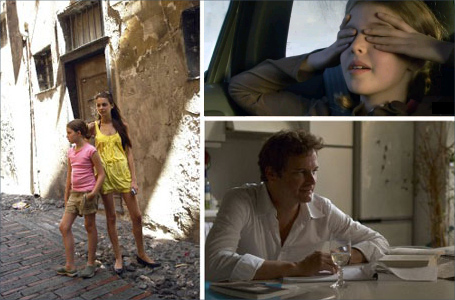
The best way to describe A Summer in Genova is a typical ‘family coming to terms with tragedy’ drama married to a slightly menacing ‘family in trouble... maybe supernatural trouble!’ thriller. But that could be somewhat misleading despite the escalating unease that Michael Winterbottom’s direction and script create via little crises throughout the film.
Instead, I believe the most apt comparison would involve putting A Summer in Genova and James Wan’s Insidious side by side while refracted by Leo Tolstoy’s aphorism about unhappy families. Wan’s horror flick is what you get if you start off with an unhappy family and attribute its domestic angst to malicious supernatural causes. Winterbottom’s quietly menacing drama is what you get if you start off with an unhappy family and attribute what appears to be malicious supernatural hauntings to the family’s own domestic angst.
Whether as a touching domestic drama or a supernatural film or both, A Summer in Genova works because of Winterbottom’s legendary docu-drama approach to storytelling, which makes domestic grief feel ever slightly more believable and the sense of impending additional tragedies (supernatural or otherwise) ever more palpable in a way directors of the horror mockumentary genre have consistently failed to achieve.

